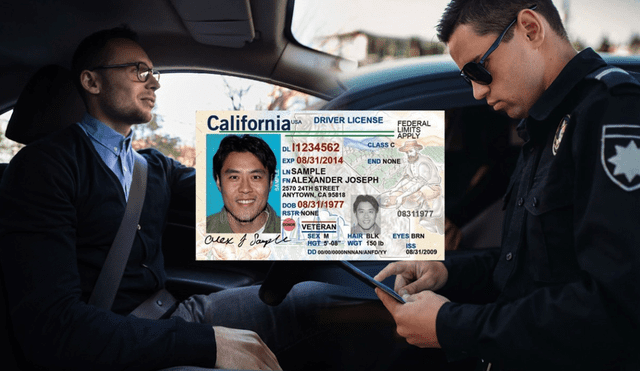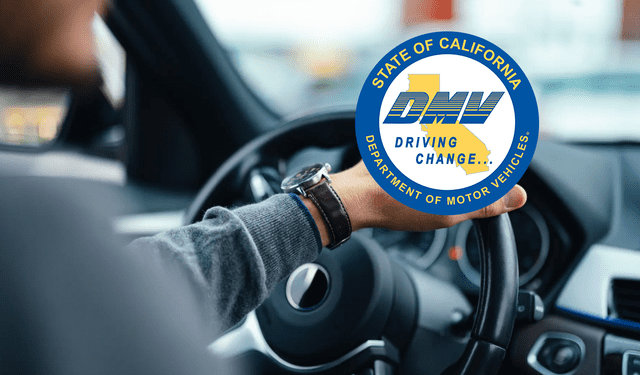Attention, California! New traffic law could result in heavy fines for drivers and passengers
California has prioritized road safety, with strict regulations designed to reduce accidents and ensure the safety of all vehicle occupants. A key law in this effort mandates the use of seat belts, reducing severe injuries and fatalities in traffic incidents.

In California, road safety is a top priority, which has led the state to implement a series of regulations aimed at reducing the incidence of accidents and ensuring the safety of all vehicle occupants. One of these key regulations is the mandatory use of seat belts, a crucial measure to protect passengers' lives.
The use of seat belts has become one of the most effective strategies for reducing the risk of serious injuries and fatalities in traffic incidents. In this context, California has enforced strict penalties for those who fail to comply with this regulation, issuing fines to both drivers and passengers who do not properly use seat belts.

ALSO SEE: Say goodbye to carry-on luggage? American Airlines announces major shift in baggage policy for 2025
What is the traffic law that penalizes drivers and passengers in California?
The regulation governing seat belt use in California is outlined in the Vehicle Code, specifically in Section 27315. This legislation mandates that all drivers and passengers must wear a seat belt while the vehicle is in motion. Additionally, it requires that children be transported in age-appropriate restraint devices, tailored to their weight and height.
The recent legislation now stipulates that not only drivers but also adult passengers will face penalties if they do not use their seat belts. This law aims to significantly reduce injuries and fatalities in traffic accidents, applying to all vehicle occupants. It covers all registered motor vehicles in the state, without distinguishing between different types of vehicles, including cars and light trucks.
Who is responsible for not using a seat belt?
In California, the responsibility for seat belt use primarily falls on the driver. If the driver fails to wear a seat belt, they will receive a fine. Additionally, if the driver allows passengers under the age of 16 to not wear a seat belt, they will be penalized for that violation. This responsibility is clear, as the driver must ensure that all vehicle occupants, especially minors, are properly secured.
For adult passengers aged 16 and over, they are personally responsible for the fine if they do not wear a seat belt. Unlike minors, the driver is not held accountable for adult passengers who fail to comply with the law. This legislation ensures that both drivers and adult passengers are responsible for their own safety.

The DMV is the organization who gives driver's license in California. Photo: LR composition.
What is the amount for violating the seat belt law?
The fine for not using a seat belt in California varies depending on the violation. If the driver or an adult passenger fails to wear a seat belt, the fine for the first violation is $20. This fine is relatively low, but it can increase with subsequent violations, rising to $50 for each additional infraction. This fine applies to both drivers and adult passengers who do not comply with the law.
It is important to note that if passengers under the age of 16 fail to wear a seat belt, the fine is higher, and the driver is responsible for paying it. Additionally, fines for failing to wear a seat belt may increase if they are not paid on time or if multiple violations accumulate.
Can a driver's license be revoked for not using a seat belt?
Generally, a driver's license is not revoked for failing to wear a seat belt in California. This violation is considered a secondary offense, meaning that a police officer can only issue a ticket if the driver is stopped for another reason and is observed not wearing a seat belt. However, if a driver accumulates multiple violations related to this law, they could face additional penalties.
If the person does not pay the fine or accumulates multiple violations, the DMV may take action, such as adding points to the driver's record. If these points accumulate over a short period, there could be more severe consequences, such as a driver's license suspension. Similarly, the DMV could suspend the license if the driver fails to pay the required fines.











